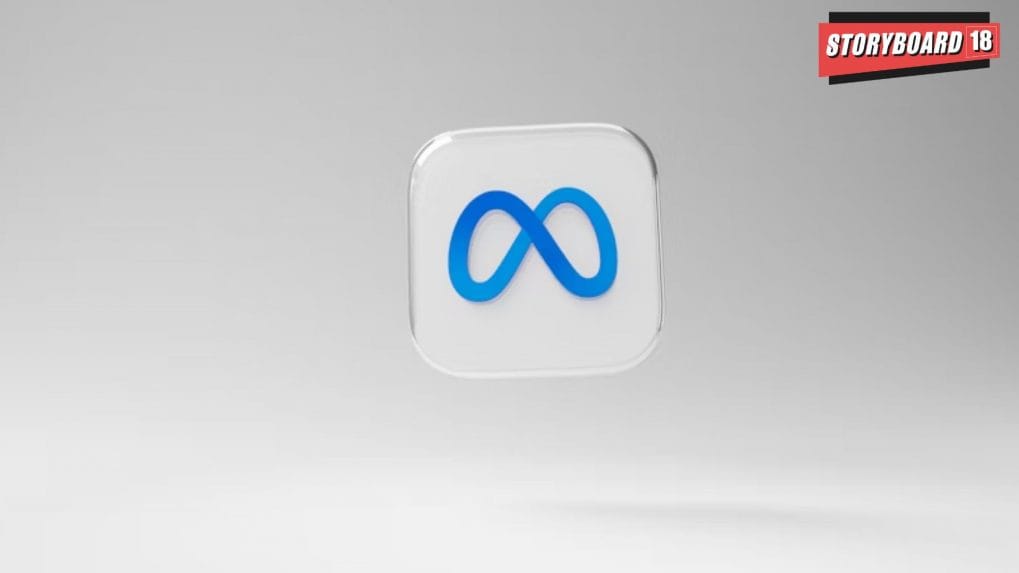Meta’s ad revenue hits $46.6 billion in Q2 2025; AI fuels 5% conversion lift on Instagram
During the Quarter 2 earnings call, CEO Mark Zuckerberg also announced plans to roll out ads in WhatsApp Status, along with Channel Subscriptions in the Updates tab to help businesses.
ADVERTISEMENT
Meta Platforms Inc reported $46.6 billion ad revenue, up 21% in Quarter 2 (April to June) in 2025. Meta CEO Mark Zuckerberg attributed the strong ad performance in Q2 2025 to the integration of AI into Meta's advertising.
"This quarter, we expanded our new AI-powered recommendation model for ads to new surfaces and improved its performance by using more signals and a longer context," Zuckerberg added, "It has driven roughly 5% more ad conversions on Instagram and 3% on Facebook".
"In Q2, the total number of ad impressions served across our services increased 11%, with growth mainly driven by Asia-Pacific," he added.
Further, the average price per ad rose by 9% during the quarter, driven by increased advertiser demand, and ad performance, the California-based company added.
Meta is intensifying its monetization efforts by ramping up advertisements across its app ecosystem, leveraging Artificial Intelligence (AI) to improve ad performance and efficiency.
Netflix aims to double ad revenue, launch interactive advertisements in 2025
"We're seeing good progress with AI for ad creative—a meaningful percent of ad revenue now comes from campaigns using Generative AI features," the company stated.
Further, Zuckerberg announced plans to roll out ads in WhatsApp Status, along with Channel Subscriptions in the Updates tab to help businesses.
Reddit’s Q2 revenue jumps to $500 mn, driven by digital ad and AI growth
Meta will be introducing ads in WhatsApp ads over the course of 2025 and 2026. Zuckerberg has expected that WhatsApp ads in Status to earn a lower average price than Facebook or Instagram ads for the foreseeable future, due in part to WhatsApp’s skew toward lower monetizing markets and more limited information that can be used for targeting.
In Quarter 2 (April-June), Meta introduced ads within Feed on its Threads application and the 'Updates' tab on WhatsApp.
While ad supply remains limited on Threads is not expected to significantly contribute to overall impression growth in the near-term, Zuckerberg expressed optimism about the platform's long-term potential as engagement grows and monetization scales.
Meta has also enhanced its Andromeda model architecture, which improved the relevance and personalization of ad selection. These enhancements led to nearly 4% higher conversions on Facebook mobile Feed and Reels, according to the the tech giant.
According to Zuckerberg, Meta also worked on its Generative Ads Recommendation System, or GEM, in Q2 by scaling training capacity and adding organic and ad engagement data on Instagram. The tech giant incorporated other techniques, which helped in enabling systems to consider a longer history of the content or ads that a person has engaged with in order to provide better ad selections.
"The combination of improvements increased ad conversions by approximately 5% on Instagram and 3% on Facebook Feed and Reels in Q2," he added.
Meta has also started deploying "Lattice' model' to earlier-stage ads ranking models, driving a nearly 4% increase in ad conversions across Facebook Feed and Reels in Q2. Meta also rolled out Omnichannel ads globally in Q2, allowing advertisers to optimize for both in-store and online incremental sales through a single campaign.


